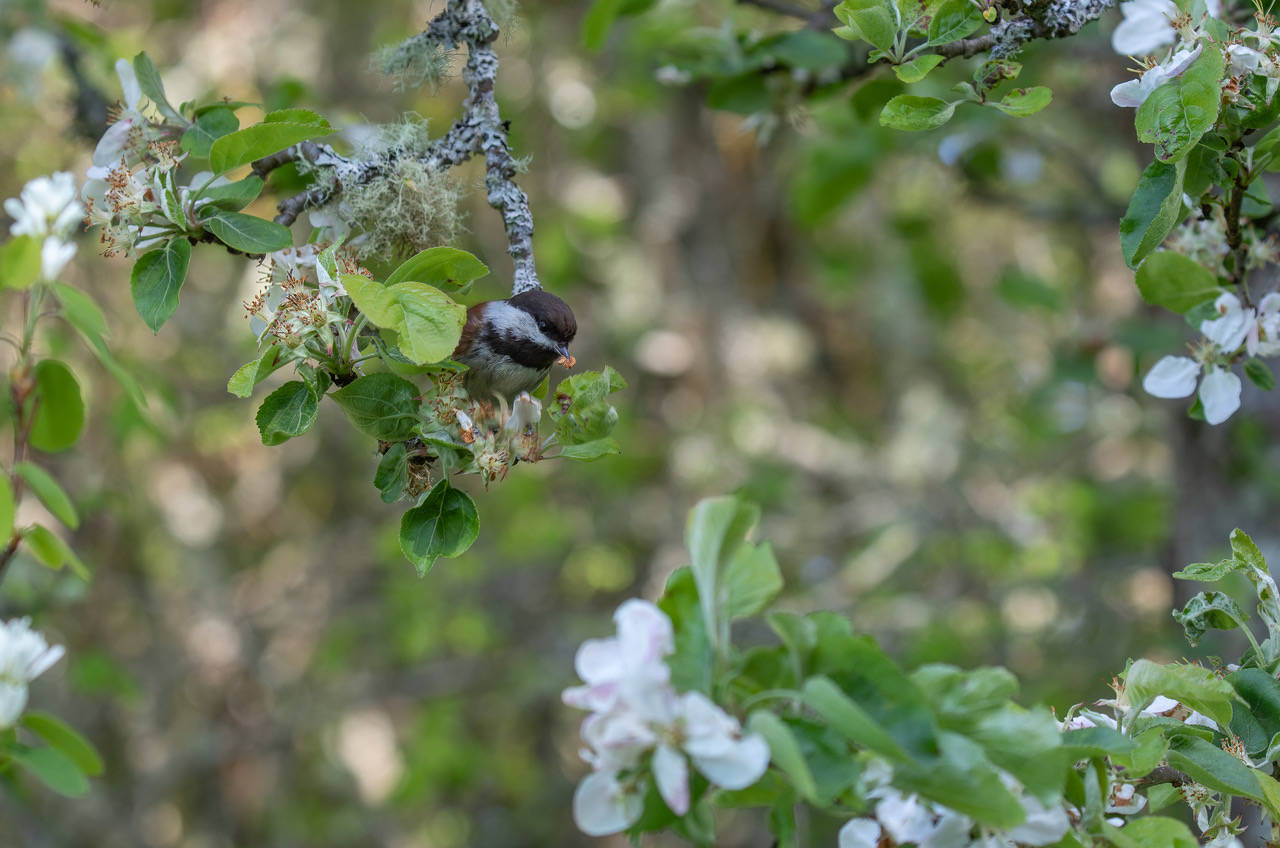Steve and Martha Ellis aren’t concerned about wild birds going hungry in their yard.
When the Coupeville couple learned about a deadly salmonellosis outbreak among local bird populations this winter that led to a recommendation by the Washington Department of Fish and Wildlife to take down bird feeders and bird baths, they didn’t worry. Steve and Martha are longtime birders who care deeply about birds and other wild creatures and their habitat.
Their property, just shy of an acre, provides many different native plantings that wild birds use for food and shelter.
“Birds simply do not require supplemental feeding, providing there’s an abundance of native trees and shrubs,” Steve Ellis said.
Due to continued reports of sick and dying birds in several Washington counties, WDFW extended its advisory to keep down backyard feeders and baths through April 1 or take extra steps to maintain them such as daily cleaning. Beyond that?
“It’s really hard to say,” said Kristin Mansfield, a state Wildlife veterinarian. “Our hope is that we see a significant decrease in reports of sick and dead birds, which we do expect to happen as natural food sources become available and birds begin to spread out more.”
Spring couldn’t come soon enough this year, not for just the birds, but the many nature enthusiasts concerned about them.
“I would suggest that feeding during a cold snap or a snow event does save many lives,” Steve Ellis said. “The warming weather of March is sure to produce large populations of protein-rich invertebrates for the birds to munch on.”
Supporting nature conservation organizations such as Whidbey Camano Land Trust is one way to help ensure that forests, wetlands, and other natural areas remain havens for birds, pollinators and other wildlife. The Land Trust not only preserves lands with an abundance of native plant life, but staff and volunteers also re-introduce native trees and shrubs during restoration and stewardship efforts.
One example is at the Land Trust’s Crockett Lake Preserve, where red-flowering currant, snowberry, Indian plum, Pacific crab apple and other native plants were planted in places where non-native invasive species were removed.
Implementing native plants into your own landscape is another way to help wild creatures.
“Planting native plants that produce seeds and/or fruits is the best assistance we can provide,” said Jay Adams, a Land Trust board member who’s been birding for 45 years. “Also, it’s important to support the conservation and protection of important native habitat – woodlands, grasslands, wetlands, marshy places and beaches. This provides year-round birds and migratory species the space they need to establish territories and feed and rest as they fly between their wintering and breeding grounds.”
Steve and Martha Ellis retained or planted many native trees and shrubs on their wooded property and have seen at least 65 different wild bird species.
“Red alders are hands down the most important,” Steve said. “They produce prodigious amounts of seeds and their leaves stay on a long time. The latter helps invertebrates, which in turn, feeds birds. The huge Pine Siskin flocks scatter throughout the alders to eat seeds so they aren’t concentrated at a feeder.”
Steve Ellis said he understands there is a natural longing to want to help birds by providing food.
“The real reason we feed is because people have a deep longing for connections to wild creatures, so we invite birds into our controlled spaces through the use of feeders,” he said. “When we retain or replant native flora, we’re the ones being invited into nature.”
Whidbey Camano Land Trust is a nonprofit nature conservation organization that actively involves the community in protecting, restoring, and appreciating the important natural habitats and resource lands that support the diversity of life on our islands and in the waters of Puget Sound.
For more information, visit www.wclt.org, email to info@wclt.org or call 360.222.3310.



